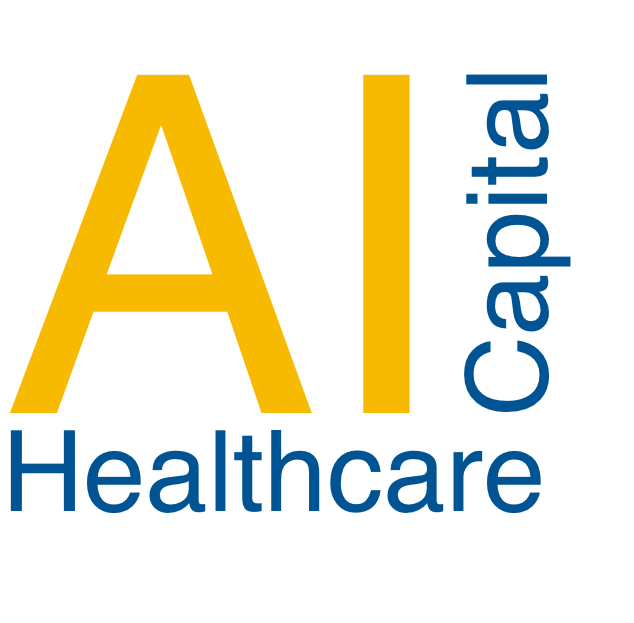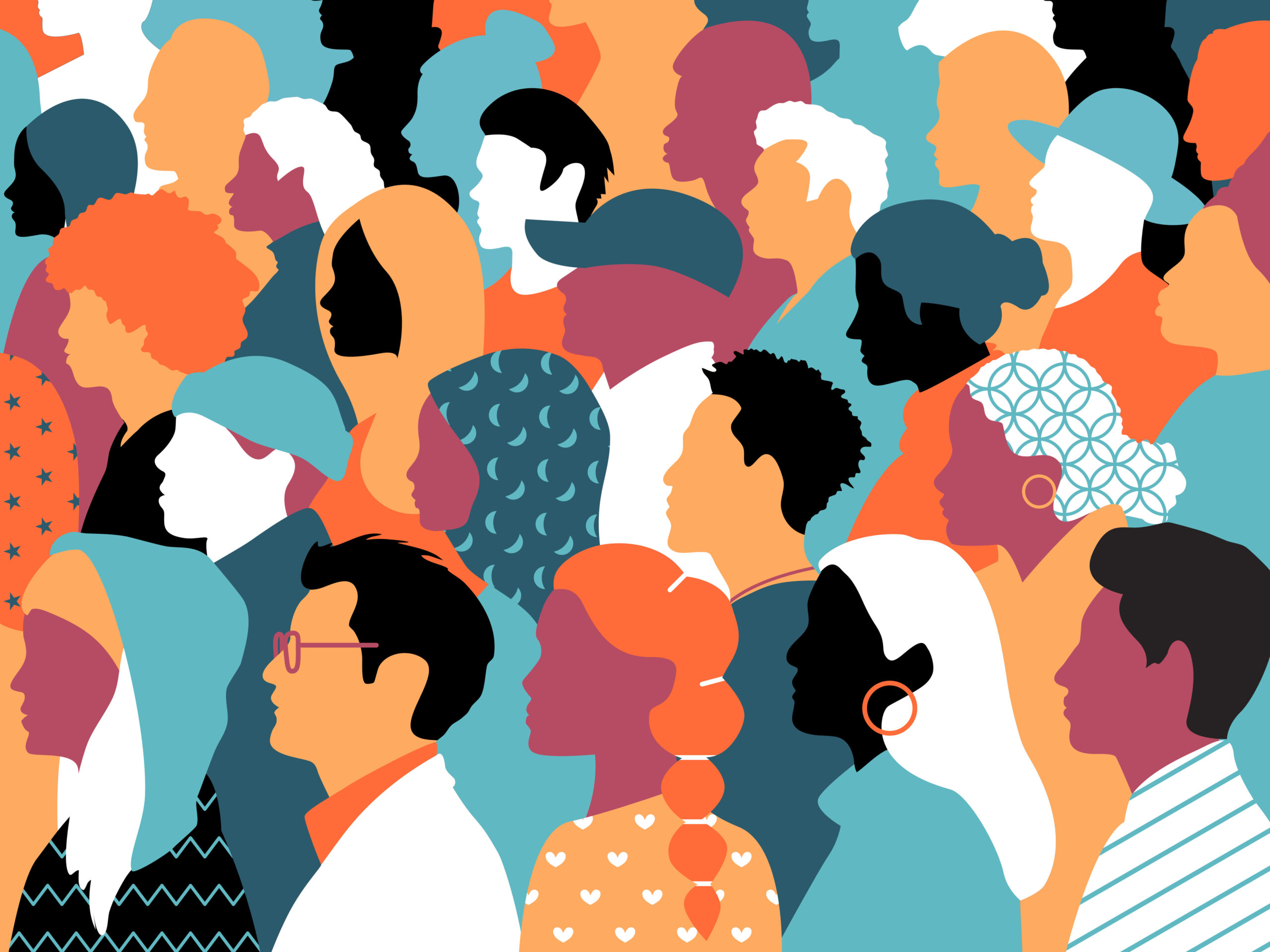by Ewelina Woloszyn, August 3, 2023
“Individually, we are one drop. Together, we are an ocean.” – Ryunosuke Satoro
In the realm of healthcare, the potential of artificial intelligence (AI) to revolutionize patient care and medical research is astounding. However, it is crucial to ensure that these advancements are developed with a focus on equity, so that the benefits of AI are accessible to all individuals, regardless of their demographic, socioeconomic status, or geographical location.
One essential aspect of building equitable AI solutions in healthcare is the availability of diverse and representative data. The datasets used to train AI models should encompass a wide range of population groups, encompassing different races, ethnicities, genders, ages, and socioeconomic backgrounds. By incorporating this diversity, we can prevent the development of biased algorithms that may perpetuate existing disparities in healthcare.
Equity in data is not just about having large datasets; it also involves overcoming historical biases and addressing underrepresented groups. It requires actively seeking out and including marginalized communities in the data collection process. This may involve partnering with community organizations, ensuring informed consent, and respecting privacy and data protection regulations.
Moreover, the collection of comprehensive data is crucial. By capturing not only medical information but also social determinants of health (such as education, occupation, and access to resources), AI algorithms can better understand the complex interplay of factors that influence health outcomes. This holistic approach enables the development of targeted interventions and personalized healthcare solutions.
Embracing equity in data for healthcare AI solutions not only improves the accuracy and effectiveness of these systems but also addresses healthcare disparities and ensures that the benefits of AI are accessible to everyone.
Let’s commit ourselves to building a healthcare AI ecosystem that prioritizes equity, celebrates diversity, and strives for the well-being of all individuals, leaving no one behind in the pursuit of better healthcare outcomes.






